When I think back on all the lifestyle upgrades I made over the years, juicing was the one that made the biggest impact. Not just because it’s a great way to get a ton of fruits and veggies in your body but for us, it inspired more health into our lives. This post is for anyone looking into buying a juicer but unsure which one would be best for their lifestyle.
Buying A Juicer
There are a number of different types of juicers offered in today’s market. Unfortunately, there is no one juicer that can do it all. With that being said, you have to first get clear on the qualities you’re wanting. If you’re anything like me, you want to make sure it is good quality, affordable, and that it comes with a good warranty. Anything further than that you would have to take into consideration your goals and lifestyle. From fast-spinning centrifugal juicers to slow-moving masticating juicers, there is a wide range of differences to consider.
Centrifugal Juicers
The fast-spinning centrifugal juicer is the most commonly available juicer on the consumer market, and usually the least expensive. You probably see these a lot, and often on sale, at your local department stores. But, just because it’s common doesn’t necessarily mean it’s good. The centrifugal juicer uses a high-speed spinning strainer that has a stainless steel blade disc at the bottom. When you drop the produce down from the top of the machine, the spinning disc shreds all the produce into a fine pulp. This releases the juice and then pushes it through the strainer. The high speed of the centrifugal force creates a lot of noise and tends to oxidize the juice more than a slower-moving masticating juicer. This process creates more foam and a shorter storage time. Something important to remember is that centrifugal juicers aren’t very efficient when juicing certain vegetables, especially leafy greens, which is a big reason many people start juicing in the first place. However, the wide mouth makes it easier to juice whole fruits and vegetables quickly. Make sure that you do your research before you make the purchase. This will be an appliance you will use all throughout your health journey. You want to make sure you get the one that is right for you.
- Pros: Easy to clean and use, juices fast, juices whole fruits, less expensive, juices fibrous veggies, less prep time.
- Cons: Not optimal for juicing greens, noisy, juice doesn’t last as long, nutrients oxidize quicker.
Highly Rated Top Centrifugal Brands: Breville Juice Fountain Elite, Breville Juice Fountain Cold XL Juicer, Jack Lalanne’s Juice Extractor, Hamilton Beach Big Mouth Pro Juice Extractor, Black & Decker Fruit & Vegetable Juice Extractor
Masticating Juicers
A masticating juicer is a type of juicer which uses a screw-like auger to mash and chew the produce into the walls of the juicer, squeezing it through the strainer, separating the pulp and the juice. It is a slow-running juicer, which takes a little longer but creates less oxidation so it’s perfect for all kinds of produce, especially greens. The only downside to it is that the produce does need to be prepped before throwing it into your juicer due to the small mouth opening. This juicer can only accept small amounts at a time, unlike the centrifugal juicers where you can throw almost everything in there. The masticating juicer is a bit more delicate. This machine is much quieter than the centrifugal juicers and is usually a little higher in price. There is a wide variety of masticating juicers so it’s best to do further research to find the one that would fit your needs best.
- Pros: Extracts more juice with higher nutritional value, less foam, juice last longer, quiet, less waste.
- Cons: Takes longer to prep produce and make juice, is more difficult to assemble and clean, higher price tag.
Highly Rated Top Masticating Brands: Omega Nutrition System Juicer, Omega Vert Juicer, Hurom Slow Masticating Juicer
Twin Gear Juicers
A twin-gear juicer is another great juicer. Its low-speed rotation protects the cellular structure of the produce. It has two gears that rotate inward with a very fine hairline gap, crushing and grinding produce to extract its juice. This eliminates oxidation to the juices, therefore, preserving the precious enzymes and nutrients that are closest to their natural form. Juicing leafy greens and soft produce is generally easy with this type of juicer, as they will self-feed as the gears rotate inwards. However, feeding hard produce like a carrot or beets may be a bit of a challenge. The trick is to cut the produce thin and with an angle that goes in first.
- Pros: Juice stays fresh longer, has higher juice yield and nutritional value, more versatile, and quiet.
- Cons: Takes longer to prep & juice, longer to clean, not optimal for juicing citrus, higher price tag, larger & heavier machine.
Highly Rated Top Twin Gear Brands: Super Angel Twin Gear Juicer, Tribest Green Star Elite
Citrus Juicers/ Press
A citrus press is something I recommend looking into if you are big on fresh OJ. Fruit & veggie juicers obviously take a lot longer to use. But if you looking to make more than just a few ounces of citrus juice on a regular basis then I recommend you invest in an electrical citrus juicer or citrus press. Electric citrus juicers have a vertical, ribbed reamer that fits onto a shaft attached to the motor in the base. When you apply pressure by pushing the half-cut citrus down, the motor kicks on, turning the reamer. Many models also have an auto-reverse function. Manual presses work in a similar way but leave out the reaming step. The press forces the fruit against a perforated cone, breaking up the pulp to release the juice. This is less likely to eat into the citrus pith, thus minimizing bitter-tasting juice. Manual presses are generally more expensive than electric citrus juicers.
- Pros: Easy to assemble, reasonably priced, juices fast, time saver, quiet.
- Cons: Not as versatile, only juices citrus.
Highly Rated Top Citrus Juicers/ Press Brands: Black & Decker CJ625, Proctor Silex 66331, Hamilton Beach Citrus Press
What Do I Use In My Kitchen
We started with a Champion Juicer, which is a great juicer if you’re considering a centrifugal juicer. It’s a bit bulky and loud but that’s the same for many centrifugal juicers. We also use the Hamilton Beach Commercial Citrus Press, got it used for a great price! After about a month of using these, we decided to buy a slow-moving masticating juicer. Having done more research and learning about the greater flexibility and nutrition benefits of the slower masticating juicer, we decided it would be a better fit for us. We wanted to get more green into our diets and the centrifugal juicer just wasn’t cutting it for the number of greens we wanted to juice. We ended up getting the Omega-vert 350 HD, which is the juicer we use weekly. I feel this is a good middle-ground juicer when compared to the ones listed above. It’s lighter and fits perfectly on the countertop where we can access it on a regular basis. My children know how to put it together and in my opinion, it’s safe for them to use. You may find that this one works well for you but I encourage you to shop around. What works for me and my needs, might not for yours. Remember that the best juicer is one that gets you juicing.
Buying The Best Juicer For Your Needs
As you shop around for your juicer, make sure to keep these things in mind.
- Does it have a warranty?
- What are you planning to juice?
- How much time does it take to juice?
- Is it hard to clean?
- How much space do I need to store?
- What’s my budget?
Now that I’ve given you a run down on what to consider before buying your first juicer, you can go out and start shopping. Comment & share below what juicer you choose or are currently using. Also, I’d love to hear what other kitchen essentials you recommend. Stay tuned :)
Hugs,




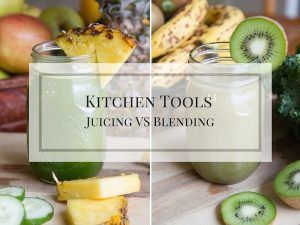
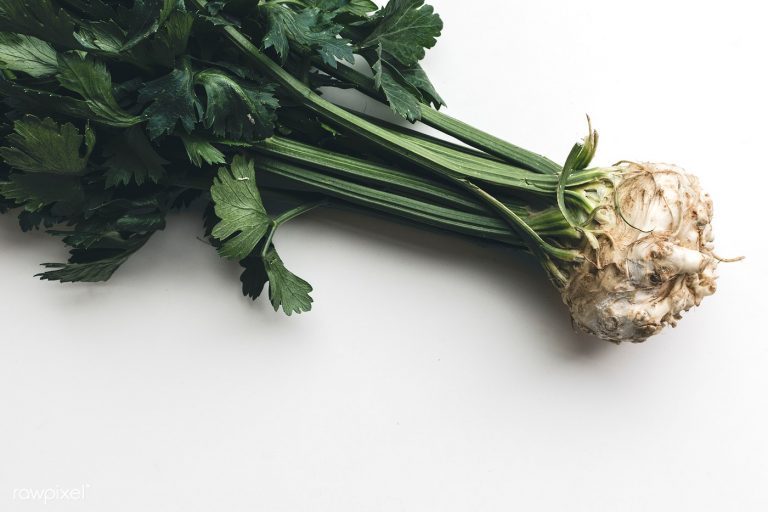
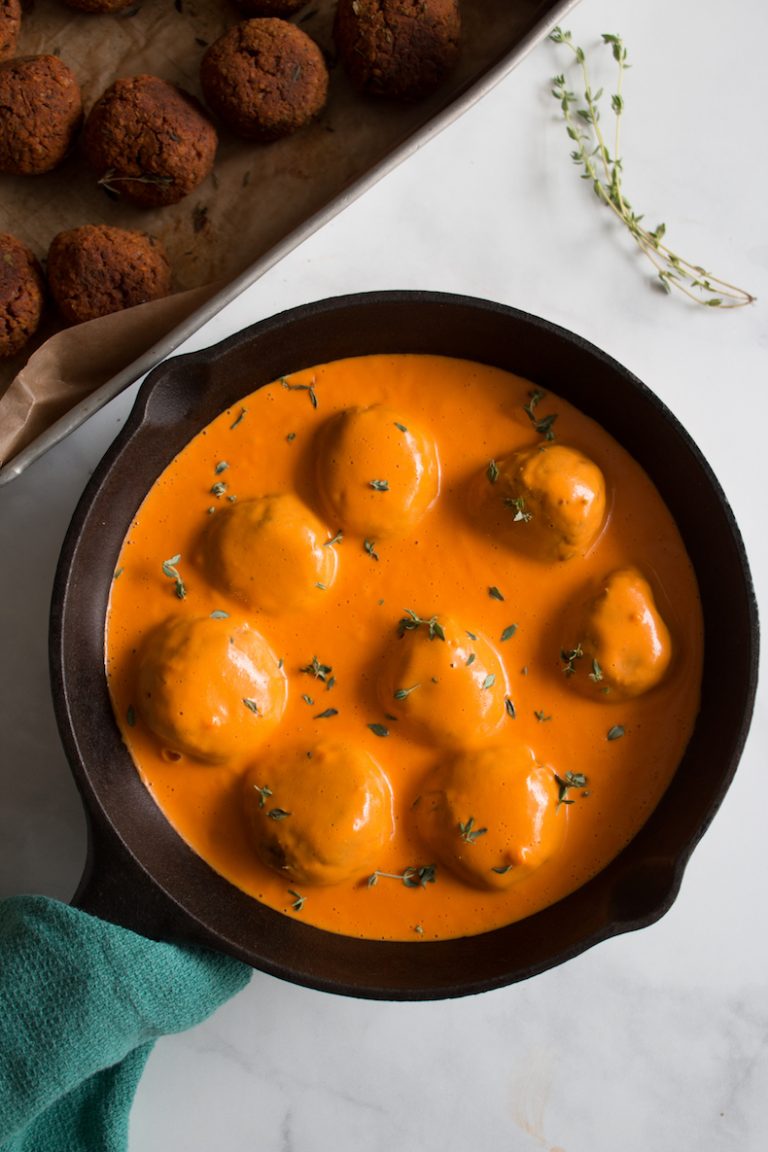
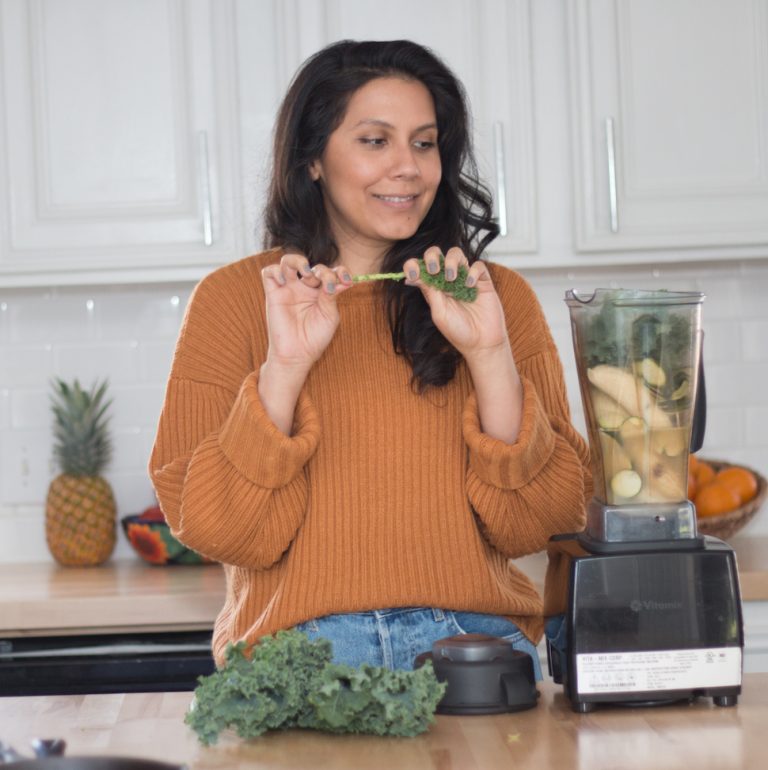
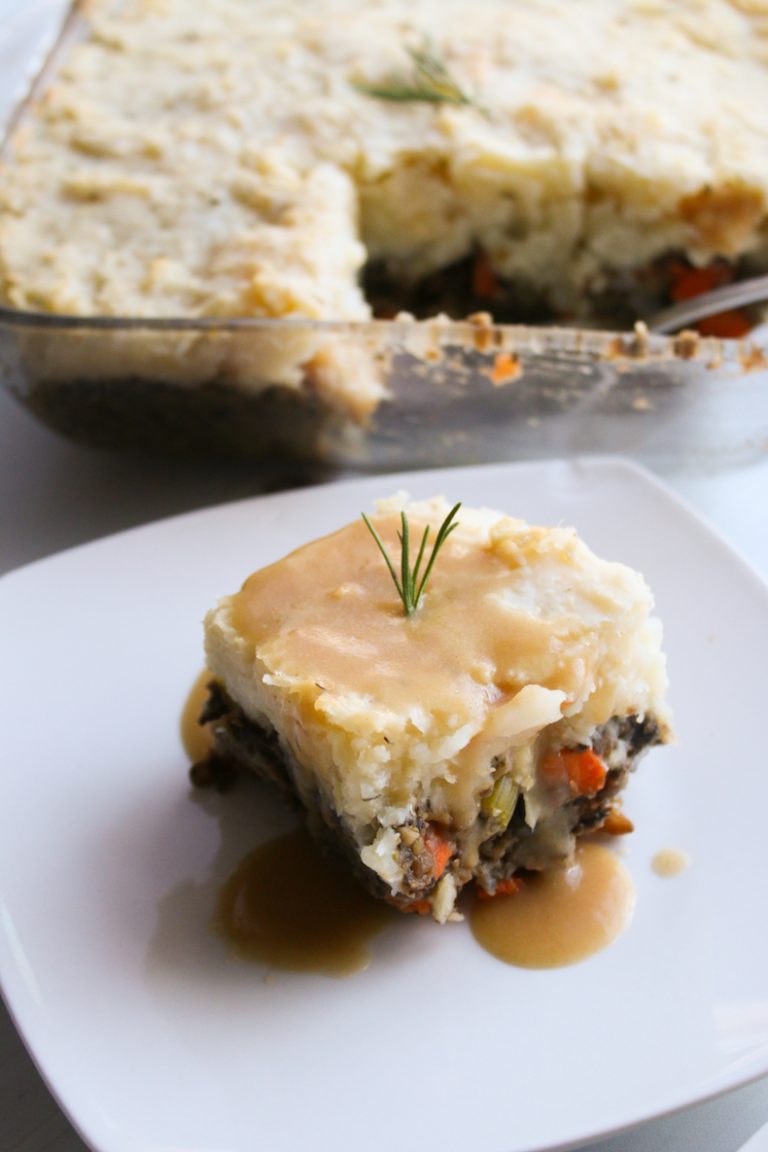
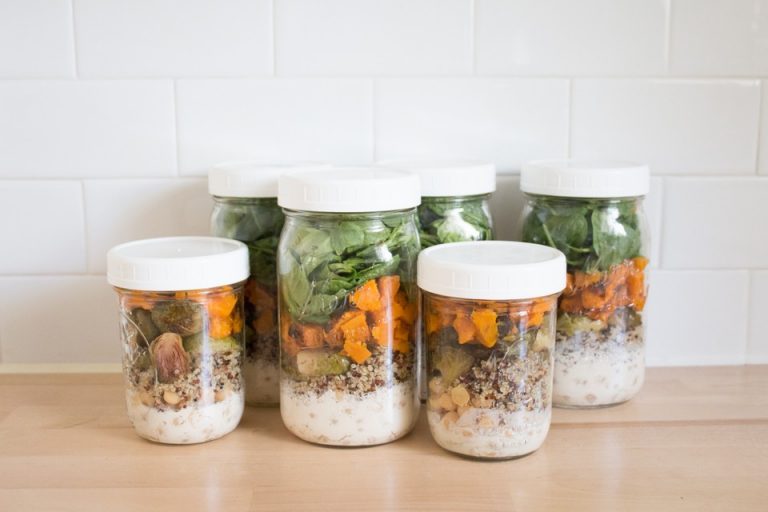


One Comment